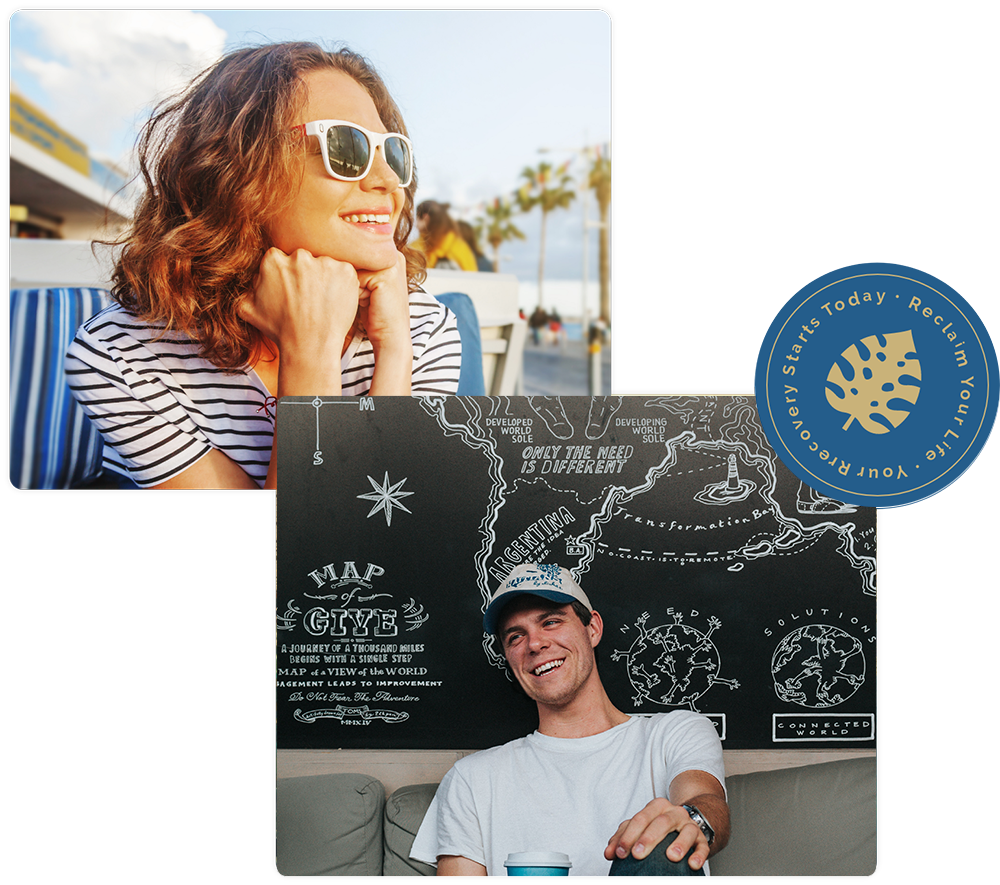When you’re in the early stages of addiction recovery, it’s natural to think the process will be a straight shot from start to finish. In reality, addiction recovery is a winding journey that will have triumphs and defeats. Even though it can be difficult at times, a life free from drug and alcohol abuse is worth fighting for.
Addiction recovery is different for everyone, and every challenge you face might not be the same for someone else. As a result, it can be tough to know when you’re moving forward in a positive and healthy direction. Many experts recommend that if you’re in addiction recovery, you should track your development to stay motivated. Here is how to measure your progress in addiction recovery to help you achieve lasting sobriety.
1. Keep a Daily Journal
Since structured routine has such a rooted foundation in addiction recovery progress, the days can start to feel as though they’re blending together. There are naturally going to be moments that are harder to manage than others, and without a way to address those challenges in a healthy way, it can feel like you’re frozen in place. By keeping a journal, you’ll be able to vent any emotions you’re experiencing while keeping a personal account of your recovery journey.
Focus on spending around 30 minutes each day writing down your experience each day. Some of the main areas you’ll want to write about include:
- Any cravings or temptations you felt during the day
- Details about your emotional state and any healthy coping skills you used
- Reminders of any short- or long-term addiction recovery goals you’re working toward
Once you’ve been journaling for a couple of weeks, go back and read through your entries. You’ll be able to get a real sense of the progress you’re making in addiction recovery by revisiting how your mood and motivation has shifted since you started journaling.
2. Do Your Best to Practice Acceptance
Every day in your addiction recovery isn’t going to be the same or happen at the same pace. You might have an emotional breakthrough one day and struggle to find the courage to get out of bed the next. When those bad days happen, work on accepting them as a necessary step for personal growth. We know this is easier said than done, so to get you started, practice acceptance in small chunks throughout the day.
With practice, you’ll start to notice that accepting the current moment will become easier. Once it becomes a habit or reflex, it’s a sign that you’ve made mental and emotional progress in your addiction recovery. Acceptance also teaches you the valuable recovery skill of taking your time. Addiction recovery isn’t a race; going at your own pace is much more likely to help you reach your long-term sobriety goals.
3. List Your Accomplishments
In addiction recovery, every bit of motivation you can find is helpful. That’s why you should make it a habit to list your accomplishments each day. Remember that no action is too big or too small for this exercise. If you found the power to get out of bed or pushed yourself to attend an exercise class, put it on your list.
As you make your way through addiction recovery, you’ll start to notice that not only is your list growing, but what you’re capable of is also growing. No matter what challenges or victories you face in recovery, you’ll have a sense of reassurance knowing that your list of accomplishments is there ready to remind you of how strong you are.
Find Support During Addiction Recovery Progress in Florida
Footprints Beachside Recovery is a family-run addiction treatment center in Florida dedicated to helping you restore your life after addiction. We’ve been through addiction ourselves, and we know how challenging recovery can be. If you’ve been struggling with your recovery or have recently relapsed, we can help you privately heal your mind, body and spirit.
We’re nestled in the scenic beach town of Treasure Island, FL, and can give you a welcoming and compassionate environment to work on your addiction recovery. Contact our admissions team today to get started.



